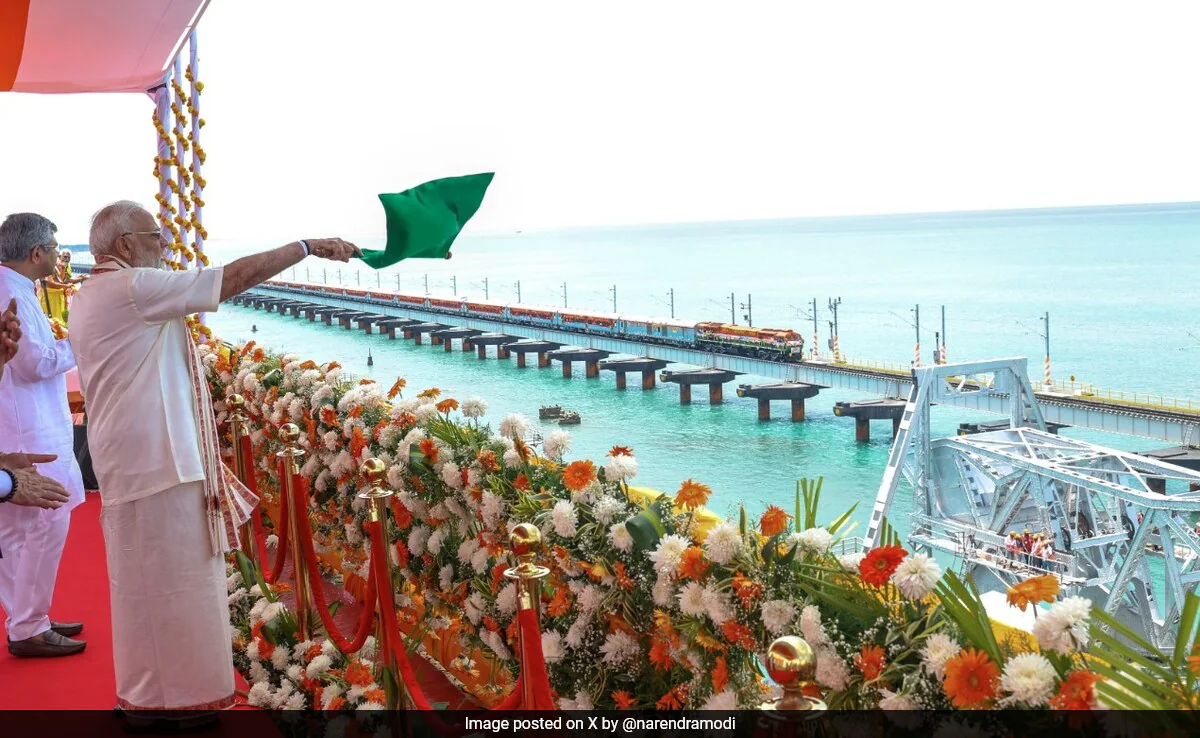A Turning Point in Indo-U.S. Relations: Tariffs, Sanctions, and Strategic Autonomy
Almost after two decades the United States used the word ‘sanctions’ for India. Over the past few decades, the two democracies have charted a steadily upward trajectory in their relationship, deepening ties through mutual cooperation and shared democratic values. But the recent sanctions are expected to push the relationship to a slight down hill that might reduce mutual trust among the nations. In July 2025, the Trump Administration initially imposed a 25% ‘reciprocal’ tariff on Indian goods, effective Aug 7 – aimed at pushing India towards more open trade on U.S goods. Shortly thereafter, through an executive Trump imposed an additional 25% penalty tariff, citing India’s import of India’s Russian oil trade.
India’s ‘Targeted and Measured’ Response
India’s response has been ‘targeted and measured’ with central focus on ‘national interest’. Reflecting our central focus on welfare of Indian citizens and strategic autonomy. India has been firm on its uncompromising stand on trade affecting Indian farmers, MSMEs, household and dietary consumption (GM Crops, Non-veg Milk). While in case of Russian oil, India stands its ground on the purpose of its import being purely the cheap availability of fuel to Indian citizens. While calling out the tariffs as unjust and unfair, New Delhi has firmly reiterated that its trade and energy policies will be shaped by national interests, not dictated by external pressures. India has emphasised the need for equitable trade relations, diversification of markets and supply chains, focus on increasing domestic consumptions and South-South cooperation. At the same time, India has kept the diplomatic channels open for Indo-US communications. Our stand is for India and not against the US – whether it is about the trade deal or Russian oil.
Short-Term Challenges, Long-Term Opportunities
Tariffs, quoted as ‘Sanctions’ by White House Press Secretary, can hurt India in the short term by reducing export competitiveness, affecting industries like steel and agriculture and creating trade imbalances. IT sector and US FDI investments can expect hits, this may result in job losses and declining decline in foreign reserve earnings in recent times. However, in the longer run it provides an opportunity for India to focus on self-reliance, diversification of exports, and supply chain, boosting internal consumption and development of indigenised tech and manufacturing setups and focus on production of quality products for the global market. India’s official stance on the tariff saga also reflects the same, as quoted by the Prime Minister in his Independence day speech.
India: The Voice of Global South
India’s exercise of strategic autonomy in response to the U.S. pressures, sends a deep message among the nations of the Global South who have been time and again, forced to succumb to the demands and pressure from the Global North, against their sovereign interests. The powerful and richer nations can be stood up to while dealing with your national Interest. For decades, the West has been ignoring the needs and voices of the developing and underdeveloped world, whether it is unequal trade, resource extraction at cheaper prices or the political dominations and dictates at global platforms. Colonialism has ended, but the ‘drain of wealth continues’ here.
India has presented itself as the ‘Voice of Global South’ on the Global stage. It takes initiative to voice the perspectives, needs and demands of the countries of Africa, Asia, Pacific Island Nations etc. which were long ignored, and considered irrelevant by the Global North. From Vaccine Maitri during COVID’19, investments, setting up of industries and employment to locals, International Solar Alliance, and the Inclusion of African Union in the G20 under India’s presidency in 2023. India not only comes out as a hope but also a support system, being a ‘Vishwa Mitra’ as said by Prime Minister Narendra Modi. Therefore, India has positioned itself as both – a developing nation as well as an emerging leader advocating for fair trade, climate justice, debt relief, technology sharing, and reforms in global institutions like the UN and WTO.
From appreciations in the UN General Assembly by Bhutan, Nepal, Maldives, Myanmar, and Caribbean Nations, to the highest national honours conferred to our Prime Minister during his visits, India is considered a reliable partner.
India has always positioned itself with a growth oriented and positive outlook to the challenges like tariff imposition – be the 1998 post ‘Pokharan’ tariffs or that of today’s. India has always stood up for its national interests. In addition to it, the India of 2025 is not only working for its own growth, it also wants to make the Global South a part of its journey – as equal partners to create an equitable world.
Author: Maitreyaei Upadhyay(X id: @MaitreyaeiU )

